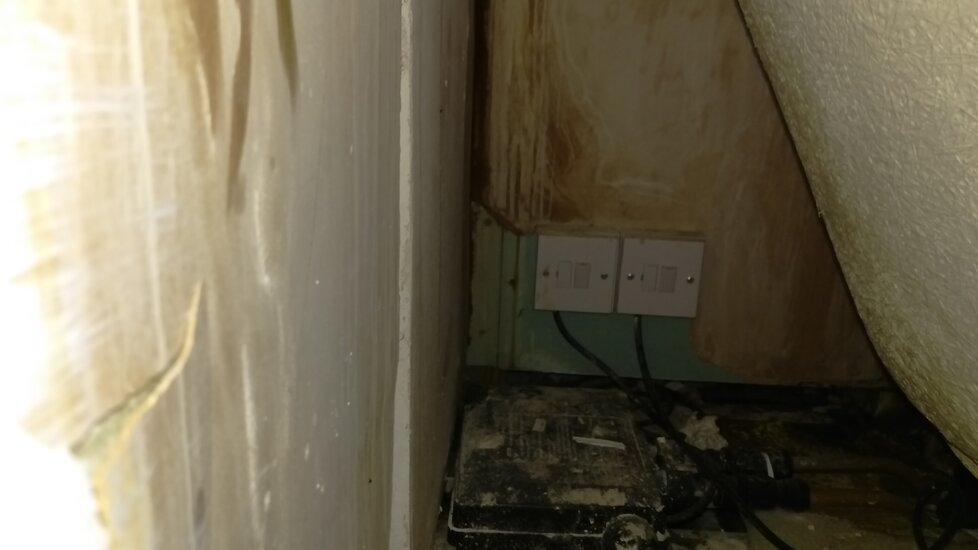S
Subby
I am a plumber who has just come across this (sockets/spurs under bath) is this permitted?
There are 2 fused spurs and a digital shower unit under the bath. I am concerned as the bath seals have gone causing water to drip onto the fused spurs.
Has the electrics been fitted to regulation? If not then what should have been done?

There are 2 fused spurs and a digital shower unit under the bath. I am concerned as the bath seals have gone causing water to drip onto the fused spurs.
Has the electrics been fitted to regulation? If not then what should have been done?




 ) in the years it has been installed, so if needed I would install an electrical wiring system underneath it, if that was the only option. I'm not quite sure how majority of controls for CH systems would be installed, if close proximity was not acceptable.
) in the years it has been installed, so if needed I would install an electrical wiring system underneath it, if that was the only option. I'm not quite sure how majority of controls for CH systems would be installed, if close proximity was not acceptable.







